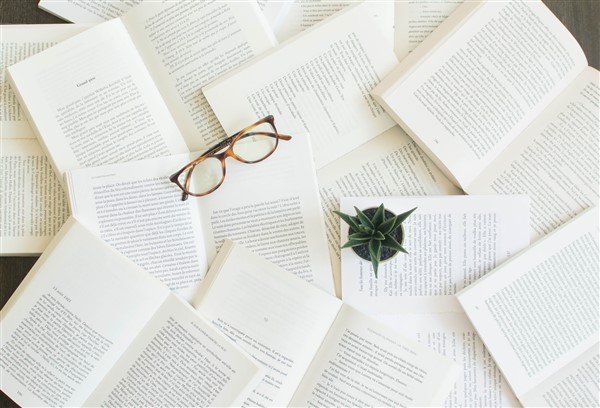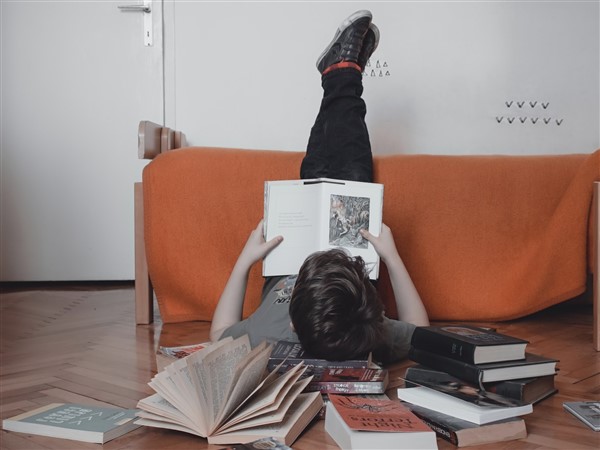When it comes to afterward vs. afterwards, both spellings are correct. Americans use “afterward” for formal writing, but “afterwards” is the standard spelling outside of the United States.
-
 Alanna Madden
Alanna Madden
-
 July 2, 2020
July 2, 2020
-
 Grammar Tips
Grammar Tips
 July 2, 2020
July 2, 2020
 Grammar Tips
Grammar Tips
When it comes to afterward vs. afterwards, both spellings are correct. Americans use “afterward” for formal writing, but “afterwards” is the standard spelling outside of the United States.
The words afterward and afterwards have the same definition, and we use them as adverbs to modify other adjectives, verbs, phrases, or adverbs in a sentence. The main difference between the two words is that “afterwards” is standard English for the United Kingdom, while “afterward” is more common for the United States.
As turns out, many English adverbs ending with -ward or -wards (a directional suffix) look different for American and British English. Outside of afterward or afterwards, this is true for terms like:

Online grammar resources often assume that all adverbs ending with “-wards” is the standard spelling for the United Kingdom, while words ending with -ward (no letter s) is more typical of “North American” English.
While this is true for words like “toward,” “backward,” “upward,” or “downward,” this rule doesn’t apply for terms like “homeward” or “forward.” For example, the spelling of “homeward” is actually a British English preference, while American English includes the letter s. Additionally, the words forward and forwards have different definitions altogether.
To summarize: American English speakers use “afterward,” and British English speakers use “afterwards,” but not all adverbs ending with -ward(s) follow similar spelling patterns.
The word afterward or afterwards is an adverb that means ‘later,’ ‘at a future time,’ or ‘after something mentioned.’ For example,
“We played word games, and afterward we went out for ice cream.”
“She couldn’t recall what happened afterward.”
“He switched his website to WordPress, and afterwards the online store crashed.”
After, eventually, then, later, later on, latterly, next, subsequently, thereafter.
Afore, ahead, antecedently, anteriorly, before, beforehand, earlier, formerly, heretofore, previously.
The term afterward entered the English Language via Old English as æfteweard. Old English æfterweard is related to the preposition ‘after,’ which means “in the time following” or “behind.”
English speakers often confuse afterward or afterward with the homophone “afterword,” which has an entirely different meaning. The noun afterword is another term for “epilogue,” and it’s the concluding section of a book, speech, or musical composition.
Additional examples of homophones include:

We use the words afterward or afterwards in parts of speech that involve directionality. Both adverbs describe how something followed an event or occurred at a later time–– much like the words ‘later,’ ‘then,’ or ‘after.’
Example sentences include:
“The former candidates discussed climate change, but afterward, they joked about their favorite candy.”
“Soon afterward, Romney had a follow-up interview with student journalists.”
The only time you need to be careful about writing afterward vs. afterwards is when you’re writing for a non-American audience. The spelling of “afterwards” (with the letter s) is standard for writers outside of the United States. So, without the “s,” the spelling is incorrect.
Americans English writers use afterward or afterwards interchangeably, but professional editors prefer “afterward” for formal writing. For example,
“Shortly afterward, Mr. Navarro said his comments were taken “wildly out of context” …” –– The New York Times
“Participants will be quarantined at home afterward, the minister said.” –– The Washington Post
While afterward and afterwards have slightly different spellings for American and British English, the spelling doesn’t necessarily change the pronunciation. But regional dialects sure do!
British accents tend to pronounce the letter A as “au,” so they pronounce afterwards as “au-ft-er-werdz” (ˈɑːf.tə.wədz). Americans pronounce the letter A with a nasally “ah,” which makes the word afterward sound like “aahf-ter-wards” (ˈæf.tɚ.wɚdz).
See how well you understand the difference between afterward vs. afterwards with the following multiple-choice questions.
Answers